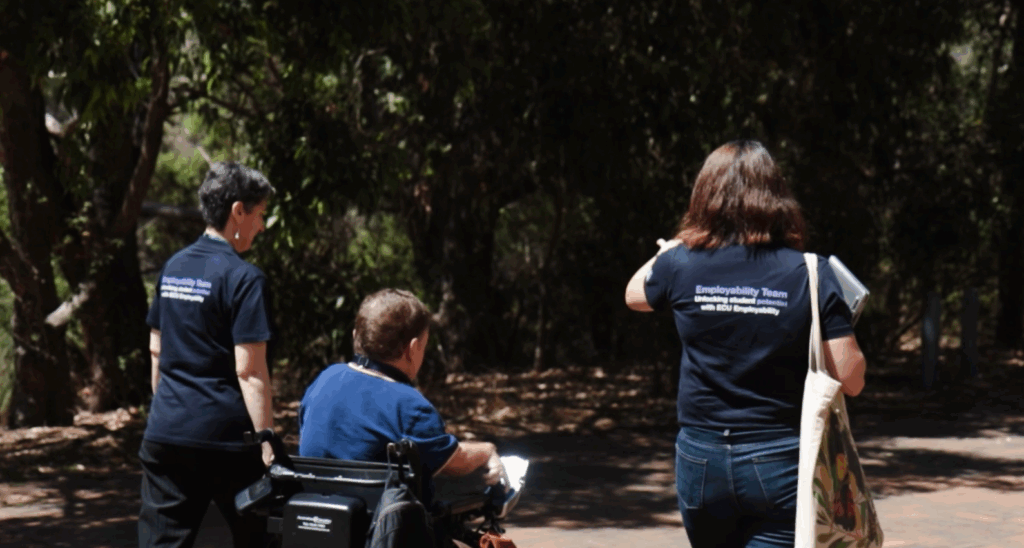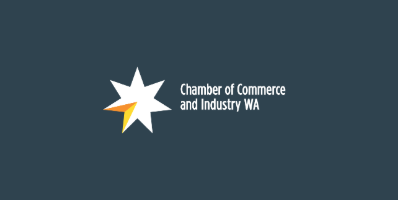New climate change legislation to be introduced by the WA Government, which will outline a framework to reduce emissions, has been welcomed by the State’s business community.

The framework will pave the way for WA to meet its goal of net zero by 2050. The legislation will formalise the government’s ambitious aim to reduce its own emissions by 80 per cent below 2020 levels by 2030.
CCIWA’s Members have been working towards de-carbonisation for some time, particularly medium-sized businesses which have felt increasing pressure from international markets to reduce emissions – both from customers and investors.
CCIWA chief economist Aaron Morey spoke to ABC Radio Perth’s Jo

CCIWA chief economist Aaron Morey
Trilling, saying WA businesses understood and embraced the need and opportunities that will come from de-carbonising.
“The State Government is catching up to where the WA business community has been moving already,” Aaron Morey said.
“The State Government has got the balance right in legislating the long-term target but also committing themselves and future governments to building from the bottom up short-term emissions reduction targets.”
While the business sector is committed to reducing emissions, Aaron Morey maintained it will be a “significant challenge” for the WA economy compared to other States due to the economy being energy intense and trade dependent.
Consultation needed with small and medium-sized businesses
Aaron Morey said he would like to see the government consult with small and medium-sized businesses to help them transition to net zero while remaining competitive in global markets.
“We need to do all we can to ensure the efforts to de-carbonise and reduce emissions get transmitted through the supply chain because our SMEs don’t have as many internal resources as some of those larger companies,” he said.
“The State Government is consulting with business and we’ll see what those emissions reduction strategies look like across industry.”
Aaron Morey was confident the same expectations will not be applied to a small business such as a cafe versus a large company.
Climate change presents challenges and opportunities
CCIWA’s position on climate change policy supports the Federal Government’s target of a 43 per cent emissions reduction by 2030. From consultation with the business community, CCIWA understands businesses’ experiences of climate change have included markets shifting and increased environmental-related risks, with recent examples being the Fitzroy River floods in the Kimberley and bushfires in the South West.
While climate change presents significant challenges for businesses, there is optimism with the opportunities to leverage on climate change as the world transitions to net zero. CCIWA has eyed business potential particularly in the industries of renewable energy, green hydrogen, salt water, critical minerals.
Want to find out more about carbon reduction for your business? Go to climate.cciwasandstg.wpenginepowered.com.












